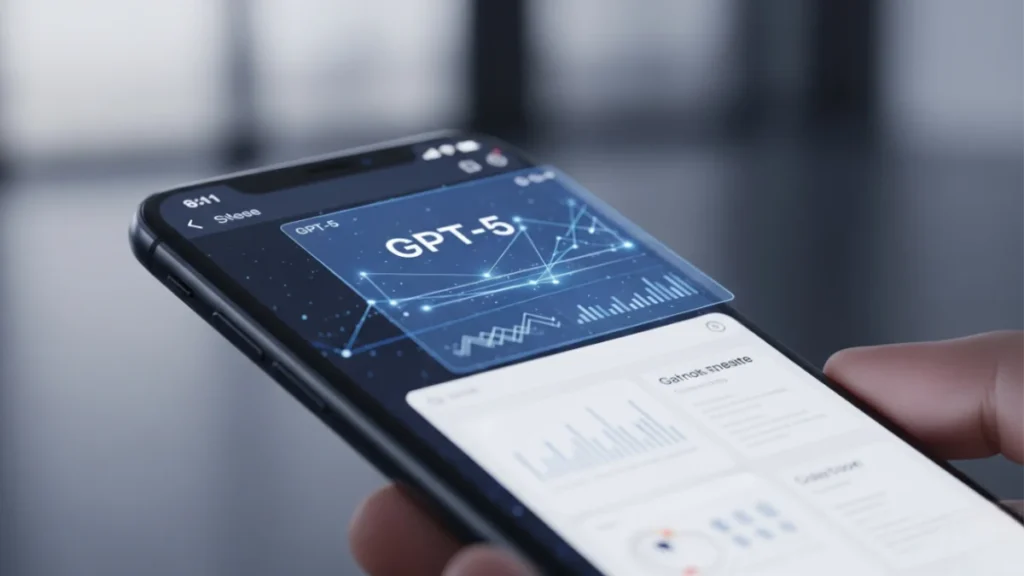The Future Is Now: Sam Altman’s GPT-5 Bombshell
In a jaw-dropping update, OpenAI CEO Sam Altman just pulled the curtain back on what’s next in artificial intelligence—and it’s nothing short of revolutionary. Speaking through a tweet amplified by @SDNInsider, Altman claimed that GPT-5 is already smarter than he is, and possibly capable of replacing human CEOs altogether.
He didn’t stop there. Altman’s remarks hint at a total reinvention of modern work, education, and leadership—all driven by AI.
Key Takeaways:
- GPT-5 outsmarts humans: Altman says it’s better at leading companies than he is.
- Office jobs at risk: AI will soon think, code, strategize, and negotiate better than any human team.
- College? Obsolete: Altman hints that traditional education may soon be irrelevant in an AI-driven future.
What Altman Said
In a July 26th tweet by @SDNInsider, Sam Altman delivered a futuristic vision that feels straight out of a sci-fi film. GPT-5, according to him, isn’t just a language model anymore—it’s an executive-level thinker, capable of handling complex business decisions with more precision than a boardroom full of experts.
🤖 Sam Altman just dropped a glimpse into the future — and it’s wild:
— SDN Insider (@SDNInsider) July 26, 2025
🔹 GPT-5 is already smarter than him — capable of running companies better than a human CEO
🔹 Office jobs? Gone. AI will think, code, negotiate, and strategize faster than any team
🔹 College? Obsolete. New… pic.twitter.com/d5uWpDlUql
That’s not just a tech upgrade—it’s a paradigm shift.
He even predicted that office jobs might become obsolete, as AI systems surpass humans in productivity, creativity, and decision-making. The days of multi-department meetings, back-and-forth Slack threads, and endless strategy docs? They might be replaced by a single AI that gets it done faster and smarter.
And college? Altman suggests a new era is coming where traditional degrees won’t matter—what you know and how fast you adapt will outweigh where you went to school.
Why This Feels Personal
Altman’s tweet resonates because it challenges how we see ourselves: our work, our worth, our future. If AI can lead, think, and innovate better than us… where does that leave us?
This isn’t fearmongering—it’s a wake-up call to rethink what it means to be human in an AI-powered world.
